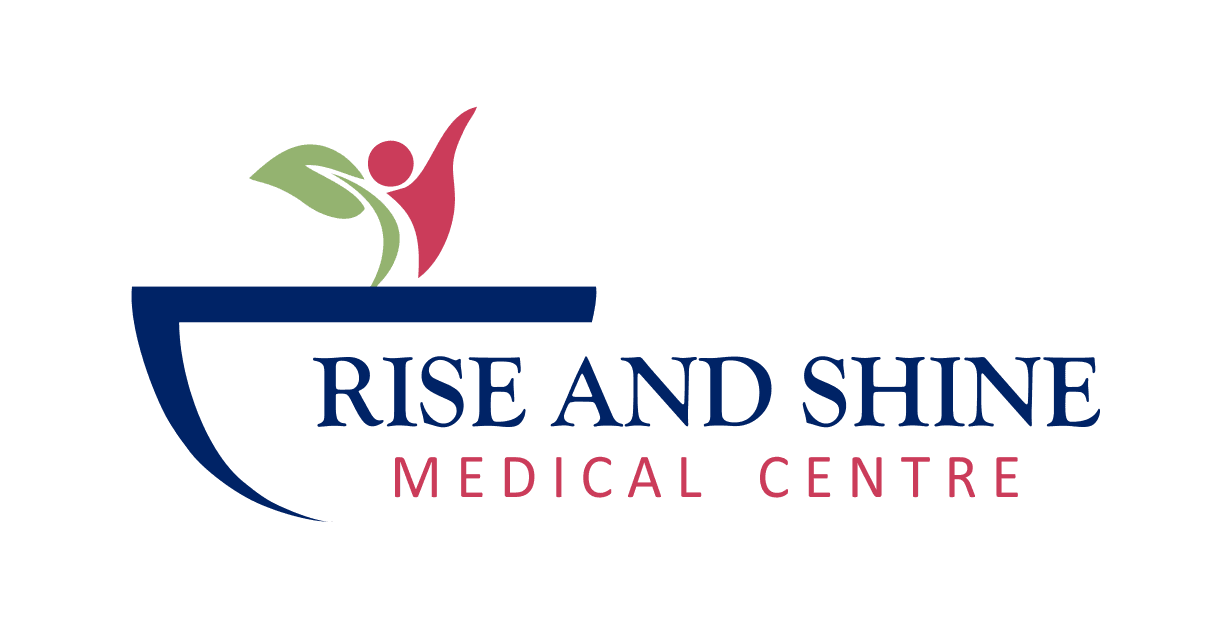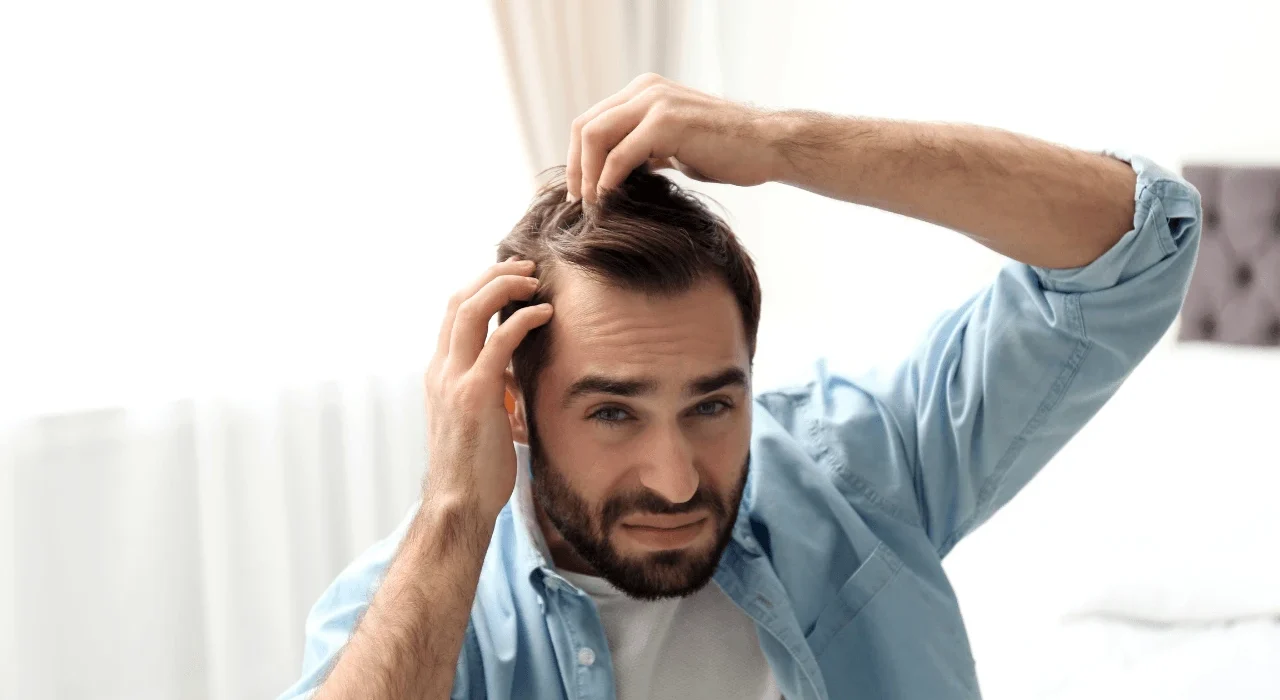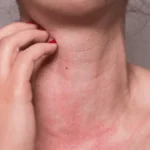What Is Hair Fall and How Can It Be Treated Effectively?
Hair fall, also known as hair loss, is a common concern that affects millions of people worldwide. Losing a few strands of hair daily is normal, but excessive hair shedding can be distressing and may indicate an underlying issue. Understanding the causes of hair fall and the available treatment options can help restore your confidence and promote healthy hair growth.
Table of Contents
ToggleWhat Is Hair Fall?
Hair fall refers to the shedding of hair from the scalp or other parts of the body. While it is normal to lose 50-100 hairs daily, significant hair loss may lead to thinning or baldness, medically known as alopecia. Hair fall can affect men, women, and even children.
Types of Hair Fall:
Androgenetic Alopecia: Commonly known as male or female pattern baldness, it is genetic and progresses over time.
Telogen Effluvium: Temporary hair loss caused by stress, illness, or hormonal changes.
Alopecia Areata: An autoimmune condition where the immune system attacks hair follicles, leading to patchy hair loss.
Traction Alopecia: Hair loss caused by excessive pulling or tension on the hair, often due to tight hairstyles.
Scarring Alopecia: Permanent hair loss caused by conditions that damage hair follicles, such as lupus or lichen planopilaris.
Common Causes of Hair Fall
Hair fall can result from a variety of factors, including:
1. Genetics
Family history of hair loss increases the likelihood of developing androgenetic alopecia.
2. Hormonal Imbalances
Conditions like thyroid disorders, PCOS, or menopause can trigger hair fall.
3. Nutritional Deficiencies
Lack of essential nutrients like iron, zinc, biotin, and protein can weaken hair.
4. Stress and Lifestyle Factors
High stress levels, poor sleep, and an unhealthy diet can contribute to hair fall.
5. Medical Conditions and Treatments
Autoimmune diseases, scalp infections, or treatments like chemotherapy can cause hair loss.
6. Hair Care Practices
Overuse of heat styling tools, harsh chemical treatments, or improper hair care routines can damage hair.
Effective Hair Fall Treatments
Hair fall treatment depends on the underlying cause. Here are some effective approaches:
1. Nutritional Supplements
Biotin and Zinc: Strengthen hair and promote growth.
Iron Supplements: Address iron-deficiency anemia.
Omega-3 Fatty Acids: Improve scalp health and reduce inflammation.
2. Topical Treatments
Minoxidil: A FDA-approved medication that stimulates hair growth and slows hair loss.
Hair Serums: Enriched with peptides and vitamins to nourish the scalp.
3. Oral Medications
Finasteride: Used to treat male pattern baldness by blocking DHT (a hormone that causes hair loss).
Spironolactone: Effective for women with hormonal hair loss.
4. Homeopathic Remedies
Homeopathy provides personalized treatment plans to address the root cause of hair fall, promoting holistic recovery.
5. Advanced Therapies
Platelet-Rich Plasma (PRP) Therapy: Uses your blood plasma to stimulate hair follicle growth.
Hair Transplants: A surgical option for restoring hair in areas of significant baldness.
Laser Therapy: Low-level laser devices to improve blood circulation and stimulate hair growth.
6. Lifestyle and Hair Care Changes
Balanced Diet: Incorporate fruits, vegetables, and proteins to nourish hair from within.
Stress Management: Practice yoga, meditation, or exercise to reduce stress.
Gentle Hair Care: Use sulfate-free shampoos, avoid excessive heat, and limit chemical treatments.
Preventing Hair Fall
Preventative measures can help minimize hair fall and promote healthy growth:
Avoid tight hairstyles that pull on your hair.
Protect your hair from excessive sun exposure.
Use a wide-tooth comb to prevent breakage.
Stay hydrated and maintain a balanced diet rich in vitamins and minerals.
Address medical conditions promptly with professional guidance.
When to See a Doctor
If you experience sudden or excessive hair loss, it’s important to consult a healthcare professional. Signs that warrant medical attention include:
Bald patches or clumps of hair falling out.
Scalp irritation, redness, or itching.
Hair loss accompanied by other symptoms like fatigue or weight changes.
Persistent thinning despite lifestyle adjustments.
Conclusion
Hair fall can be a challenging experience, but with the right treatment and care, it is possible to manage and even reverse hair loss. At Rise & Shine Medical Center, our holistic approach combines traditional wisdom with modern therapies to provide personalized solutions for hair fall. If you’re struggling with hair loss, schedule a consultation today and take the first step toward restoring your confidence and achieving healthier hair.



